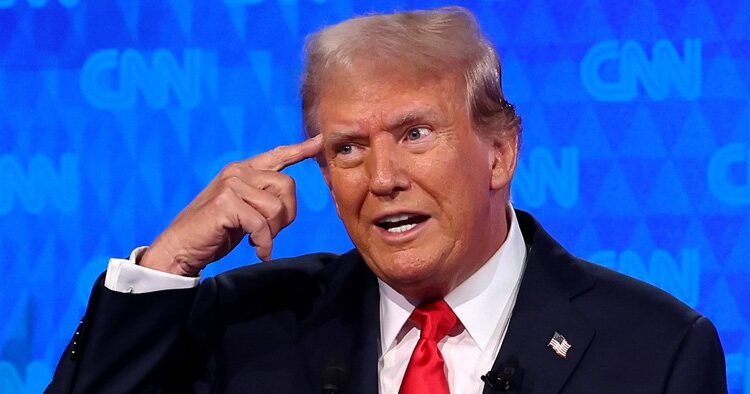Trump’s Impact On Crypto Following US Election Outcome: Key Insights From Elbaite & RMIT Expert

Crypto Industry Holds Its Breathe – Trump Could Reshape Industry Globally
The cryptocurrency industry is experiencing unprecedented political attention in the United States, with potential implications for Australian regulation and policy, according to RMIT Professor of Economics and co-founder of RMIT Blockchain Innovation Hub Chris Berg and Elbaite CEO Morty Tollo in a recent interview.
Professor Berg highlighted how cryptocurrency has emerged as a significant political constituency in the United States for the first time, marking a historic shift in the relationship between digital assets and electoral politics. “The crypto voter constituency is substantial,” Berg noted, explaining how this demographic has attracted increased political attention.
The discussion revealed a stark contrast with Australia’s political landscape, where neither major party has yet recognised crypto holders as a significant constituency, despite over 2 million Australians having engaged with digital assets. Berg suggests this political void presents a substantial opportunity for Australian politicians willing to engage with the sector.
Current regulatory environments in both countries show notable parallels. The Australian Securities and Investments Commission (ASIC) has historically followed the US Securities and Exchange Commission’s (SEC) enforcement-through-courts approach. Under current SEC Chair Gary Gensler, the US has maintained what Berg describes as a “radical hostility” toward the crypto industry.
“What the industry wants isn’t any particular policy,” Berg explained. “It wants an end to the radical hostility of the SEC and Gary Gensler and the Biden administration.” This sentiment resonates in Australia, where the industry seeks regulatory clarity rather than specific new policies.
Tollo, whose Melbourne-based exchange Elbaite operates within this regulatory framework, emphasised the pressing need for clearer guidelines in Australia. The interview highlighted how new policies and licences have stalled in recent years, creating uncertainty for industry participants.
Looking ahead, Berg suggests Australian politicians may follow successful US approaches to engaging with crypto voters. “We tend to copy the United States in a lot of ways,” Berg observed. “If Australian politicians see that there’s something interesting to be copied, we’ll do it.”
The discussion underscores a pivotal moment for cryptocurrency’s political recognition and its potential to influence regulatory approaches in both countries. With over 2 million Australian crypto holders seeking clarity, the industry awaits potential shifts in political engagement and regulatory framework development.



